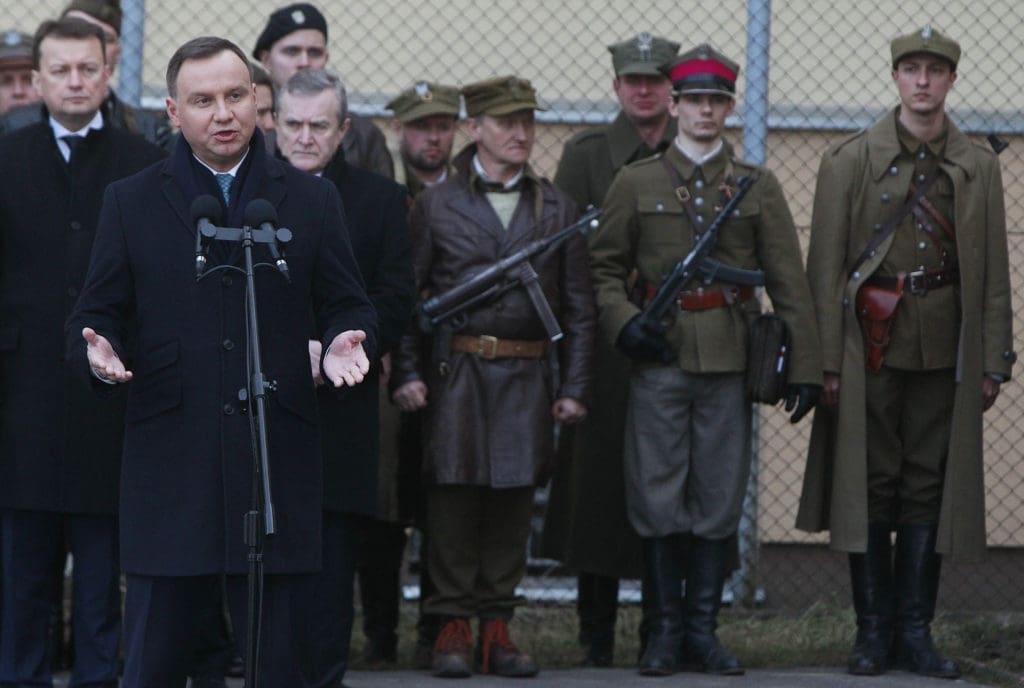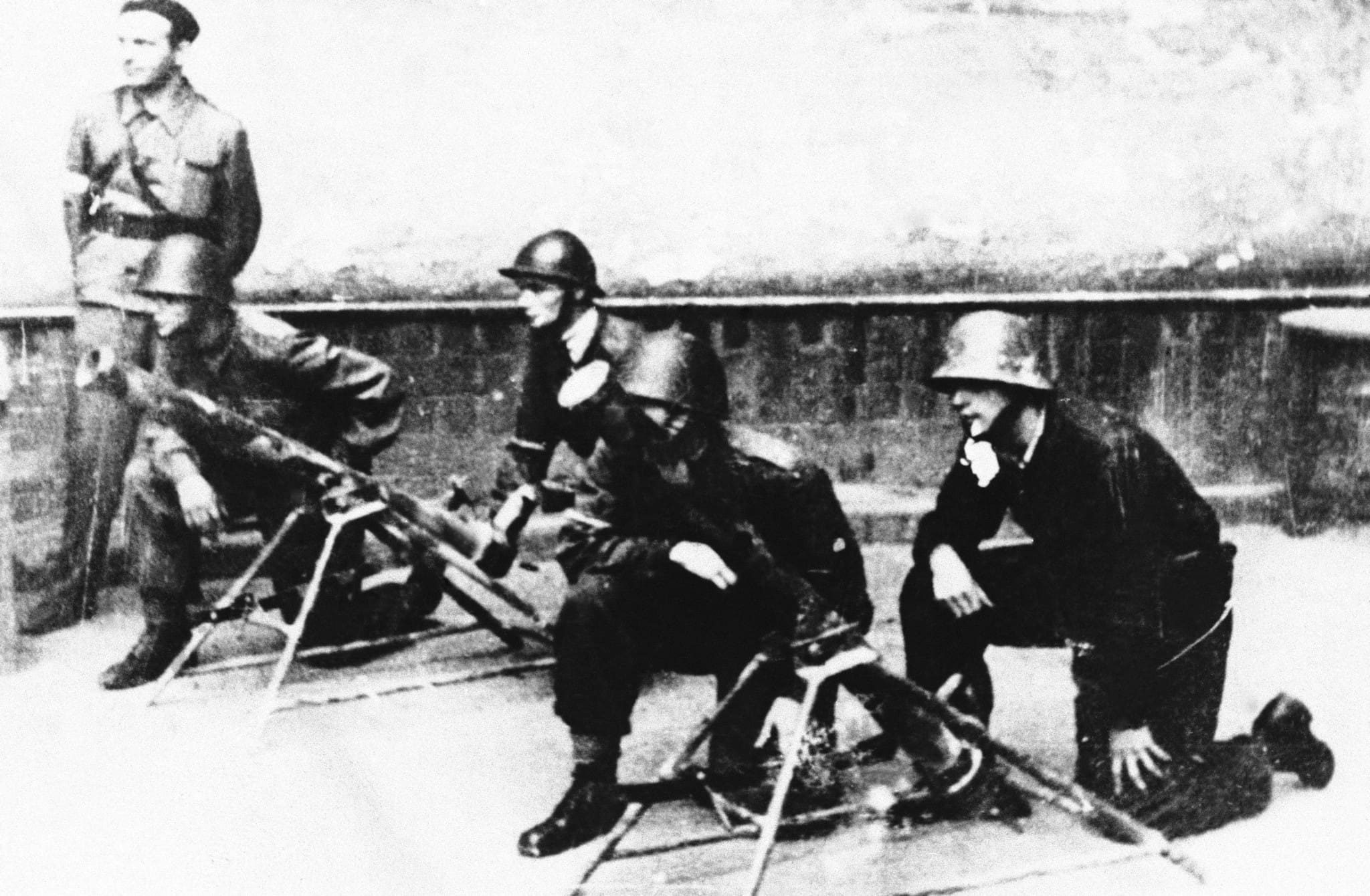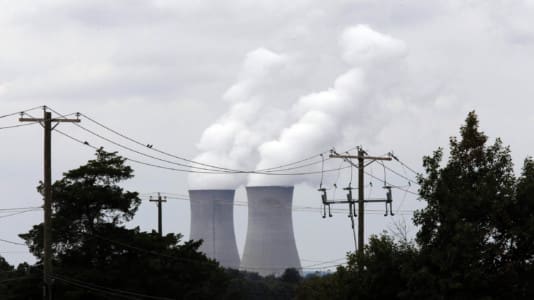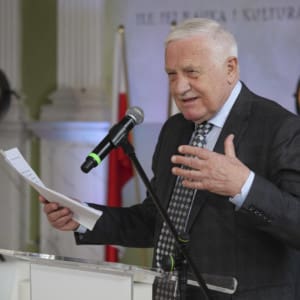During the state ceremony on the 80th anniversary of the establishment of the Polish Home Army (AK) in Warsaw, President Andrzej Duda stated that the Home Army and the Polish Underground State was a chapter of Polish history which was taught to cadets in military academies throughout the whole world.
“We are grateful to all those who back then did not hesitate, who stepped up to battle. We honor them and especially those who had fallen and gave their lives for their fatherland,” Duda stated.

He emphasized that hopefully Poles would never again have to form an underground state and will never have to fight to reclaim their homeland. He said what had happened during that era was Polish history, but would not have a place in contemporary or future Poland.
“Honor and glory to the heroes, eternal memory to the fallen,” Duda concluded his speech.
The anniversary was also commemorated by Polish Prime Minister Mateusz Morawiecki and Minister of National Defense Mariusz Błaszczak, who attended the state ceremony.
Eighty years ago on Feb. 14, 1942, Supreme Commander of the Polish Armed Forces, General Władysław Sikorski, gave the order to transform the Union of Armed Struggle (the underground movement established when the war started) into the Home Army (AK).
The AK is commonly considered to be the most well-organized underground army in German-occupied Europe. In the summer of 1944, its forces included around 400,000 soldiers.





